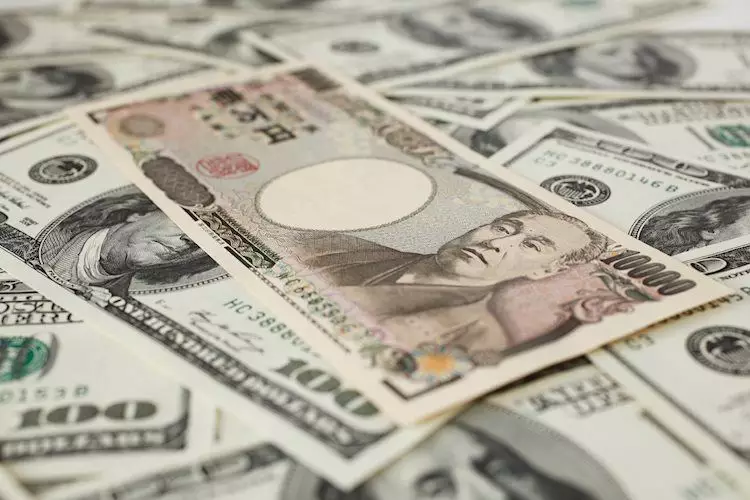The Japanese Yen (JPY) has managed to regain some strength against the US Dollar (USD) for a second consecutive day, a rare uptick reflecting a blend of verbal intervention from Japanese authorities and evolving economic indicators. As it climbed back from the disquieting depth of 153.20, its lowest level since the end of July, the JPY’s recent performance highlights the volatility and the complexities of currency markets amidst fluctuating economic conditions.
Verbal assurances from officials often act as a stabilizing force for currencies, and in this case, Japan’s economy minister, Ryosei Akazawa, emphasized the importance of stable currency movements that align with economic fundamentals. However, one must look increasingly critically at how long this support can be sustained. While the JPY’s brief recovery can be attributed to interventions, the underlying economic fundamentals present a more troubling picture.
Economic Indicators: A Mixed Bag of Signals
Recent consumer inflation data from Tokyo paints a nuanced picture for the JPY. In October, the headline Tokyo Consumer Price Index (CPI) recorded a 1.8% year-on-year increase, down from 2.2% in September. Core CPI values similarly underwhelmed, dropping to 1.8% from 2% previously, albeit slightly exceeding market expectations. This decline creates concerns regarding the Bank of Japan’s (BoJ) capacity to adjust interest rates in response to economic pressures.
The slip in inflation rates suggests that the BoJ may face challenges in achieving its inflation target of 2%. Furthermore, the troubling backdrop of Japan’s overall economic climate—evidenced by a contraction in manufacturing and services activity—adds significant weight to the Yen. It raises critical questions: will Japan be able to navigate its economic policies effectively while facing stringent election uncertainties?
While the JPY struggles to find stable footing, the US Dollar appears to be biding its time. The Greenback remains stable on the back of expectations for a less aggressive approach to policy easing from the Federal Reserve. This stabilizing sentiment provides a counterbalance to the Yen’s volatility, making it crucial for traders to keep a close eye on upcoming US macroeconomic data.
As investors await the latest figures on Durable Goods Orders and consumer sentiment, the USD’s resilience against the Yen can be expected to persist. This dynamic showcases the interconnectedness of global currencies, where monetary policy in the US directly influences the market sentiment surrounding the JPY.
Looking at the technical aspects, the USD/JPY currency pair has critical thresholds to consider. A sustained weakness below the 151.60-151.55 range could unleash sell-off pressure, dragging the exchange rate toward the 151.00 mark. This scenario threatens to undermine bullish sentiment around the JPY and could signal a broader shift in trading strategies.
Conversely, should the USD/JPY pair manage to climb above the 152.00 level, traders could experience a surge towards 152.60-152.65, possibly reclaiming the psychologically significant 153.00 benchmark. These technical thresholds underline the potential volatility linked to both economic factors and speculative movements within the foreign exchange market.
While verbal interventions could be impactful in the short term, they often prompt skepticism regarding their efficacy over longer horizons. As Japan’s vice finance minister Atsushi Mimura noted, excessive fluctuations in foreign exchange markets are undesirable, prompting authorities to closely monitor movements. History suggests that market reactions do not always align neatly with government intentions; thus, the potential for increased market volatility remains.
Investors should approach reception to interventions with caution, recognizing market psychology as a vital player. Should the JPY resume its downward trend, authorities may feel compelled to take more decisive action, yet such measures can also have unintended consequences that further complicate already delicate situations.
While the Japanese Yen has found some footing due to recent interventions, the broader economic realities present profound challenges. With sluggish inflation and economic uncertainty looming over Japan, whether the JPY can maintain its resilience or regain its long-term strength is up for debate. The interplay between US monetary policy and Japanese economic indicators will undoubtedly shape future movements in the currency markets, demanding critical analysis from investors. As the financial landscape evolves, careful scrutiny of both domestic and international developments will remain paramount for understanding the Japanese Yen’s trajectory in the coming months.

